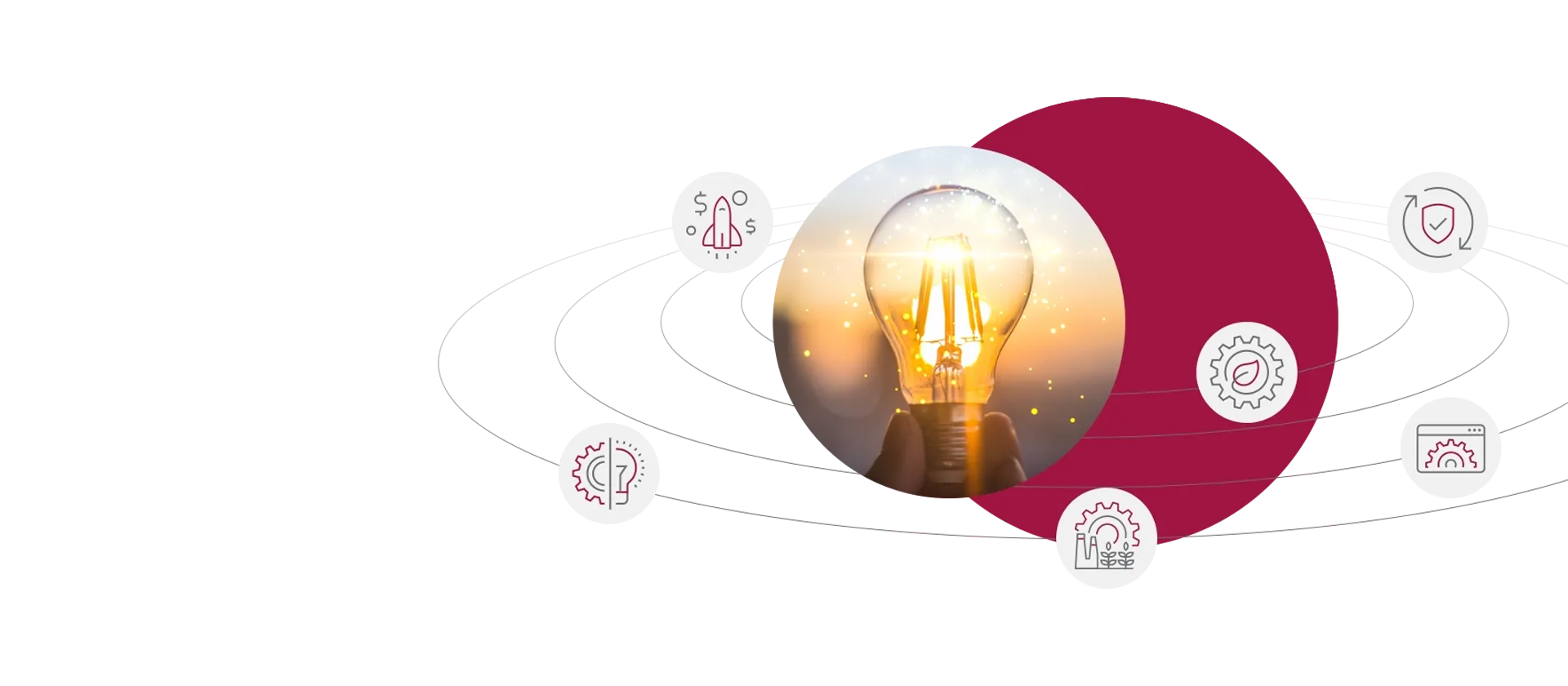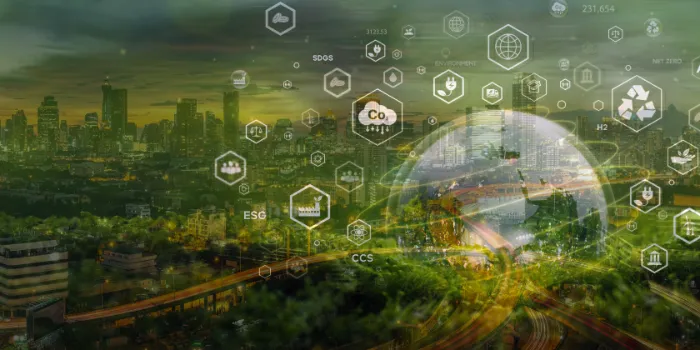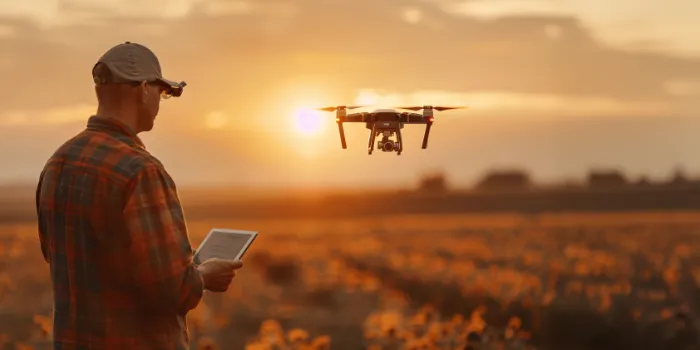Analytics
How to leverage technology to integrate sustainability into core business strategies in response to the Bank of Thailand’s Sustainable Finance guidelines.
Analytics
For many banks, demands are relentless — regulatory pressure from BEPS 2.0 and CSRD, sustainability mandates that turn ESG into more than just a buzzword, and growing expectations from shareholders. Focus on one, and the others slip out of reach. But what if there was a way to bring them all together—to align performance, compliance, and sustainability, and manage them as one? That’s where Enterprise Performance Management (EPM) with SAP Profitability and Performance Management (PaPM) steps in.
Analytics
Discover how SAP PaPM Profitability Management Starter Package is a powerful tool for organizations looking to enhance their profitability management capabilities rapidly.
ExploreAI
The importance of Responsible Artificial Intelligence is clear, but are companies truly meeting this standard? A new study examines how chatbots engage in manipulative tactics to keep users engaged beyond their intent.
Analytics
Find out how organizations can navigate BEPS Pillar Two, digital reporting, and ESG tax challenges with the msg global Tax Workplace.
Agribusiness
Whether you’re already tackling yield optimization or just beginning to explore digital transformation, SAP Dairy Management offers a powerful foundation to support your goals.
Agribusiness
Technology is changing the farming landscape. SAP Intelligent Agriculture, combined with the power of IoT services, Artificial Intelligence (AI), and geospatial insights, helps farmers take a synergistic approach to farming.
Agribusiness
With SAP Intelligent Agriculture and msg Digital Farmer, you can optimize resource utilization, enhance productivity, and improve farm profitability. It’s a winning combination.









